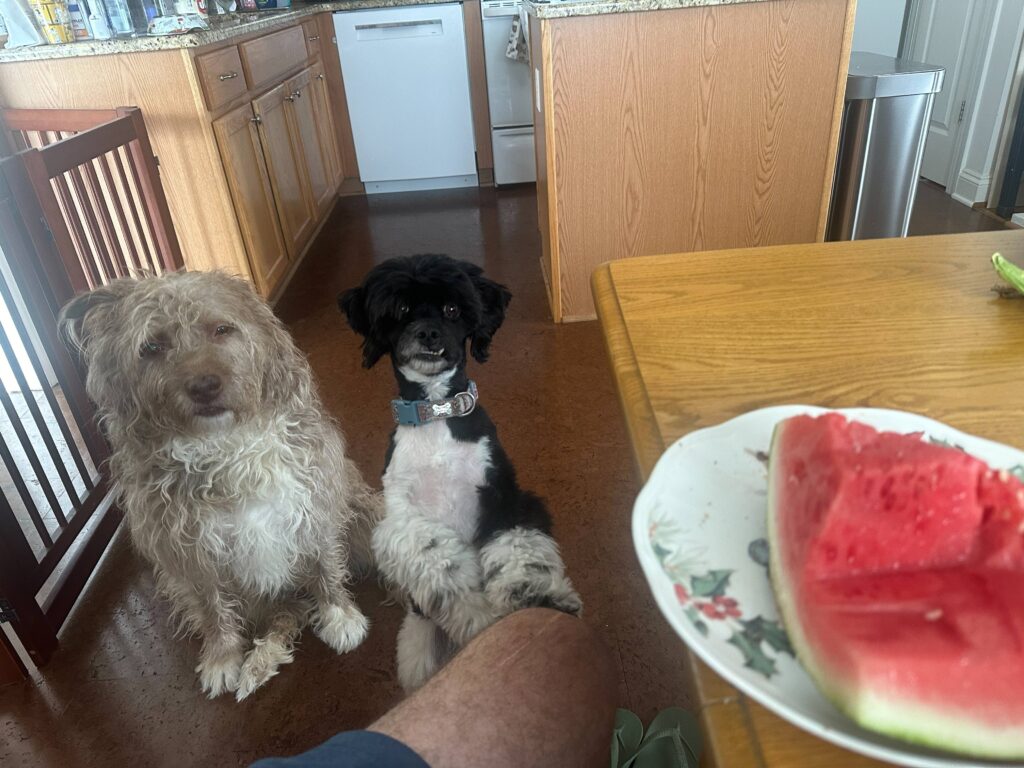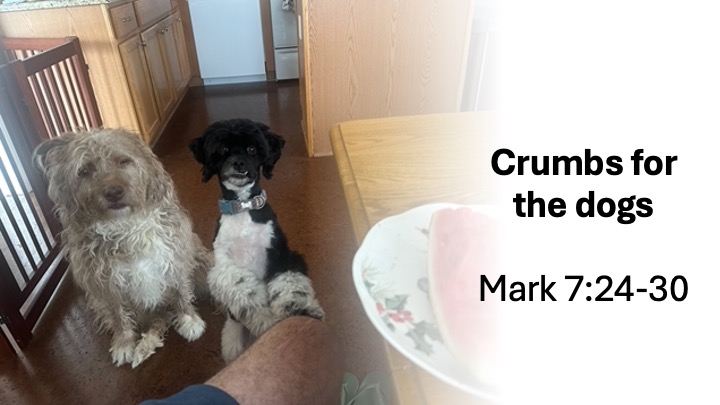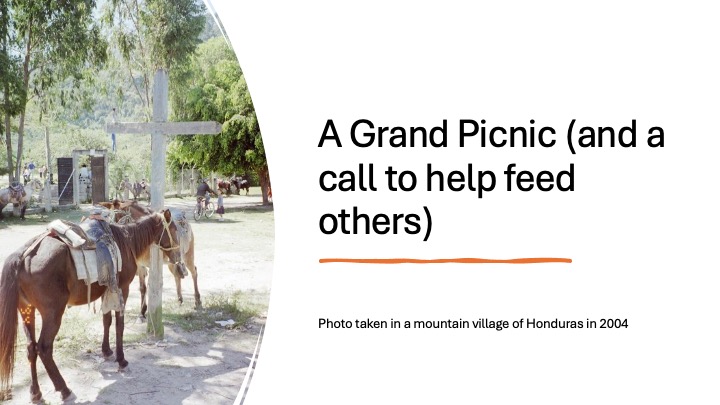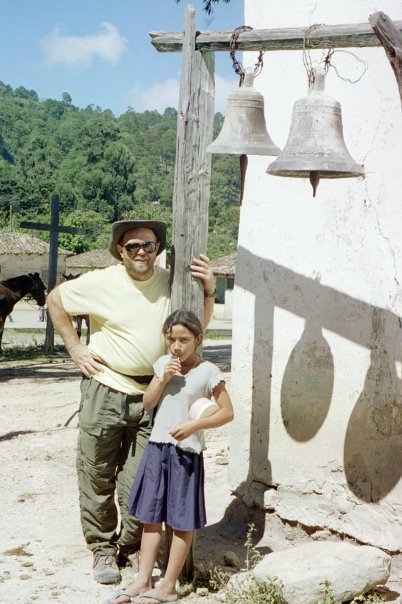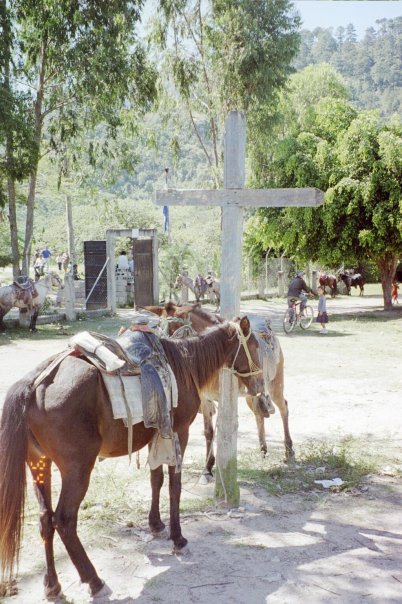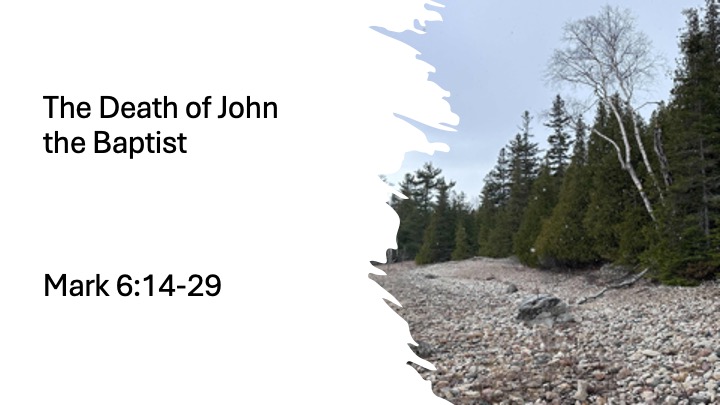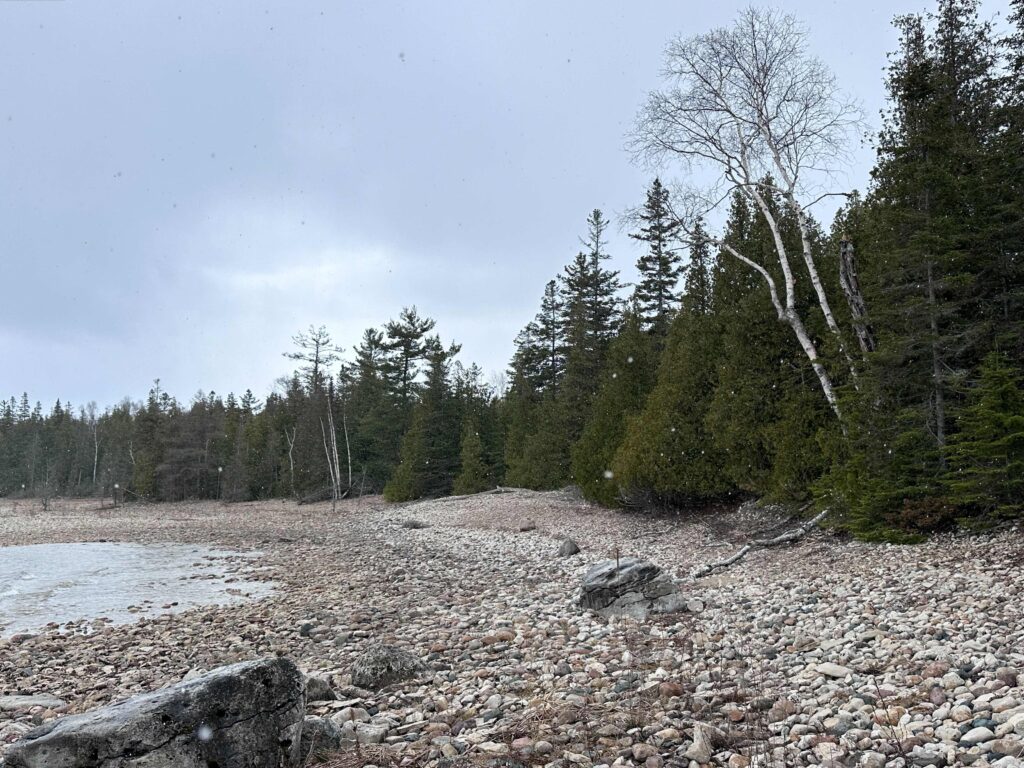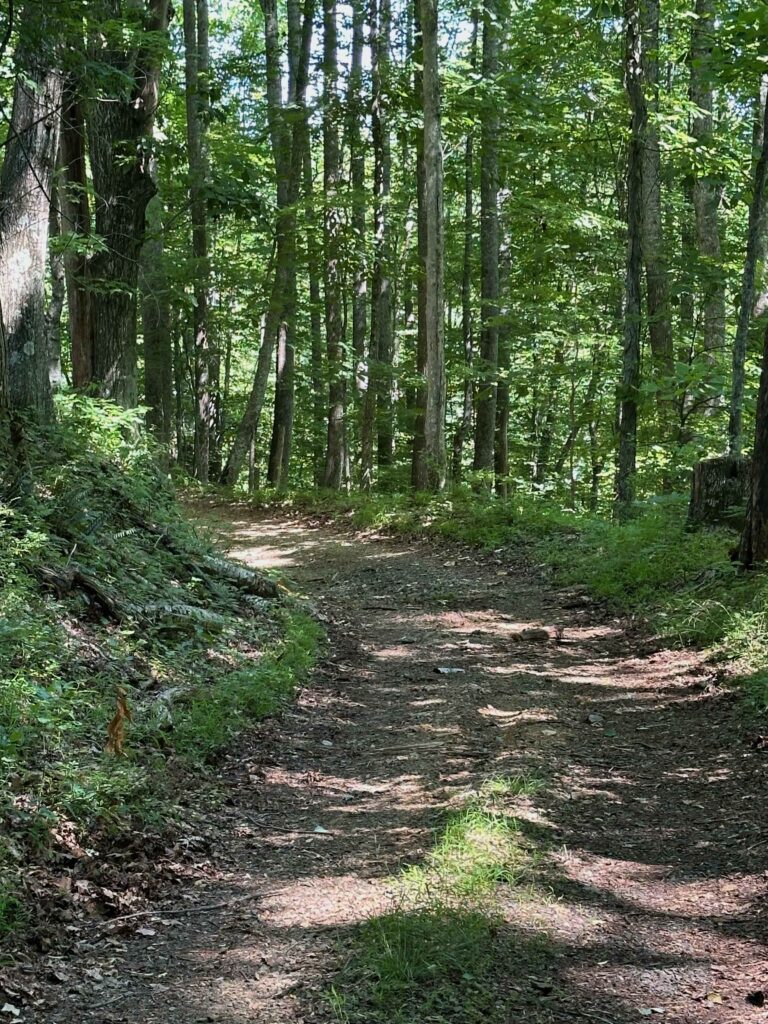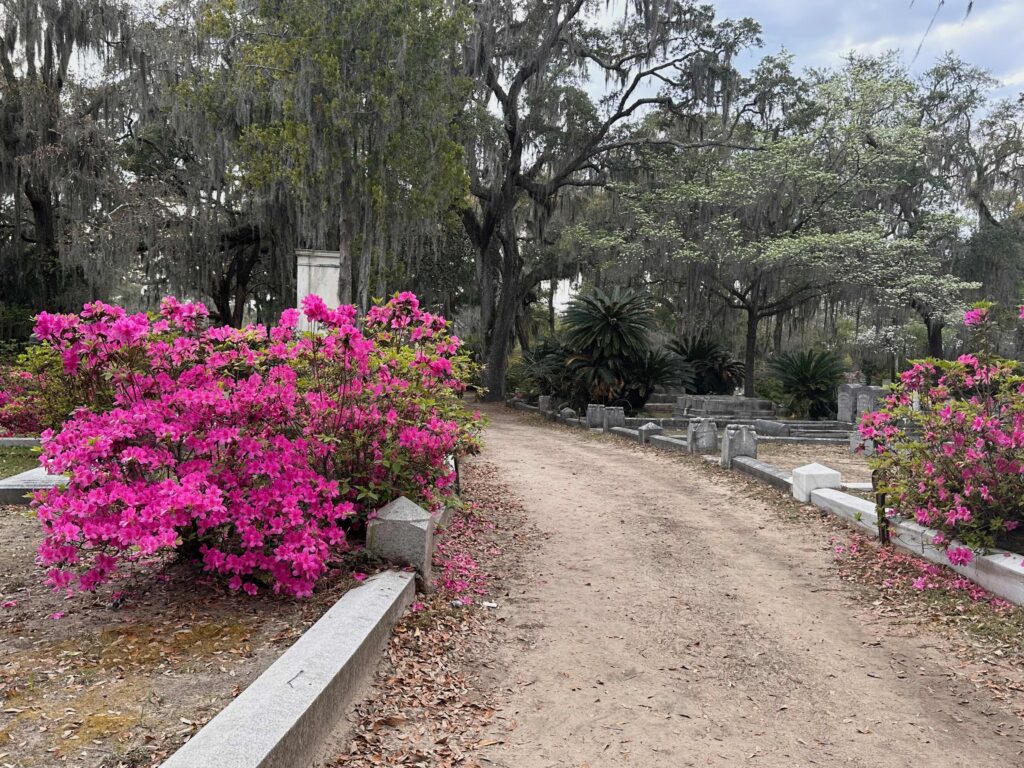Jeff Garrison
Mayberry & Bluemont Churches
July 21, 2024
Mark 7:24:30
At the beginning of worship:
“How unsearchable are God’s judgments and how inscrutable God’s ways,” Paul wrote to the Romans.[1]
One of the hardest things for us to do as a Christian is to acknowledge God’s sovereignty. Furthermore, we can’t second guess God. God’s knowledge far surpasses our limited understanding. Yet, many think they know the mind of God. They don’t. The only thing we know about God is what God reveals to us.
There are places in scripture, if we’re honest, we struggle to understand. Our passage today from the 7th chapter of Mark is one of those places. I have wrestled with this passage this past week. I have wrestled with it in the past. This may well be one of those passages of which I’ll ask for clarification in the life to come.
Before the reading of scripture:
Let’s go back in time, to the first century, to a market in a town on the Mediterranean Sea. Spend a few minutes imaging… Listen for the roar of waves crashing against the shore. Feel the heat subside as the sun moves lower in the west. A late afternoon breeze picks up. After having been closed d heat of the day is over. As things cool, the marketplace opens for the evening.
It almost seems customary for the first customer to be the same woman. She comes early, with eyes red from crying, beating the crowds. She doesn’t speak. Slowly, she picks out food for her and her daughter’s meal. While examining slabs of bacon at the butcher’s shop, she overhears a bit of gossip. The butcher, a baker and a fisherman are chatting. Let’s listen in.
“Did you hear that Jesus, you know, the guy who’s rumored to have fed 5,000 people with just a few loaves of bread and sardines, is in town? Another stunt like that and I might have to sell out,” the baker jokes.
“I might be with you,” the fisherman nods in agreement. “The method he uses to catch fish over on the Galilee will put me out of business.”
The woman lingers, listening…
“Isn’t Jesus the guy who sent those demons into a herd of pigs causing them to run off the cliff?” the butcher asks. “It’s a shame, all that good pork washed out to sea. The price of bacon hasn’t recovered yet! It seems the only trade he’s helped has been the roofers.”
“Where’s he staying?” The baker asks.
She leans over the counter to hear…
“He had a hard time finding a place after that stunt in Capernaum where some people cut a hole in the roof of a house in order to get to him,” the butcher replies. “Finally, Mr. Jones rented his old place up on 2nd Street. I couldn’t believe he’d rent it to Jesus. I asked him about it, but old man Jones’ wasn’t too worried. He said the place needs a new roof anyway.
For the first time in months, the woman’s face lights up. “Jesus,” she says. “I must find Jesus.” She drops her shopping bag, kicks off her heels and runs, without stopping, to the house on 2nd Street. Barging in, she falls at Jesus’ feet and begs him to release the demon possessing her daughter. A hush comes over the room. Jesus and the disciples are at a loss for words. The only sound comes from the screen door squeaking shut. For the first time in weeks the disciples are alone with their master and now this woman, a gentile no less, interrupts.[2]
Let’s now listen to the scripture…
Our story today takes place on the heels of Herod hearing of Jesus, and Jesus’ arguing with the Pharisees over handwashing. Jesus then leaves the predominately Jewish area of Galilee and heads for the coast, in the territory of Phoenicia. His location shows his shunning of the older Jewish traditions of avoiding gentiles at all costs.[3] But if Jesus wanted an escape to his challenges from Herod Antipas and the Pharisees, his respite was short lived.[4]
As I tried to recreate in my prologue to reading the scriptures, even outside the traditional borders of Israel, people have caught wind of Jesus. If Jesus planned to hang out incognito with his disciples in this foreign land, his plans failed. As our text reads, “he couldn’t escape notice.”[5] A woman enters. Mark doesn’t just say that she’s a Gentile but is of Syrophoenician origin. In other words, she is foreign to everything Jewish.
Like others whom we’ve already seen in Mark’s gospel, the woman is at wit’s end.[6] We are left to assume she has done everything she could for her daughter, and nothing helped. But hearing of Jesus, she enters the house where he’s at and pleads for his help.
At first, Jesus brushes the woman aside. Pointing to his disciples, he tells her he must first feed the children before feeding the dogs. Imagine her heart sinking, her head dropping in shame. I’ll come back to that comment.
One of the humble things about parenting is the helplessness you often feel when dealing with your children. Unless you have a perfect child who never has accidents, it’s a common feeling. I don’t know too many children like that. Whether it is accidents, disease, struggles in school, dealing with bullies, getting in with the wrong crowd, many issues of childhood overwhelm parents. Generally, there isn’t much we can do but offer advice and support.
Thinking about this girl, maybe we should consider the parents of Thomas Matthew Crooks.[7] Imagine how they are feeling right now. Like the Syrophoenician woman, I’m sure they wonder if there’s any scraps left on the table for them. Yet, we know, Jesus loves them as much as he loves those wounded or killed last Saturday. And Jesus loves those killed and wounded as much as he loves parents whose children will grow up to be missionaries or find new cures for diseases.
However, this passage is not just about disappointments and bad news. God, through Jesus Christ, is doing something incredible. It starts at the beginning of the chapter where we learn that food laws aren’t all they’re cracked up to be.[8] “It isn’t what you eat—what’s in your stomach—that defiles you,” Jesus says. “It’s what’s in your heart.” God’s creation is good. Since we are all created by God, there is a possibility for us to all claim a divine inheritance.
The woman, like most gentiles who live near Galilee, is used to being called a dog. It’s common in 1st Century Palestine for the pious refer to the gentiles as dogs. There are commentators who try to soften this passage saying that Jesus was referring to a little house pet, not a stray dog on the street.[9] But does that make it any better, does it?
I don’t know what to make of this passage. It disappoints me to see Jesus using such language. I’d prefer to have him say, “My dear child,” or something similar. Don’t call her a dog. Instead of getting hung up on this one word, let’s put it into context and see what Jesus is saying. By saying he must feed the children before the dogs, we’re reminded that Jesus’ mission focuses on Israelites. But knowing this doesn’t help the woman solve her problem.
Jesus is supposed to be a good man and we can imagine she’s hurt by his words. With her head bowed, maybe she moves toward the door. Then she pauses. She realizes Jesus hasn’t denied her request. When the disciples are fed, they may be leftovers. After all, there were plenty of leftovers when the 5,000 were fed, 12 baskets full.[10]
The mother struggles for courage. Imagine her spinning around like a ballerina. She raises her head and looks Jesus in the eyes. “Sir,” she says, the dogs under the table eat the children’s crumbs.” This lady is no dummy. Jesus must deal with her, one way or the other.
“Even the dogs eat the crumbs off the children’s table,” what a great line.
“You’re right,” Jesus says. I imagine a big smile comes over his face as he continues, “Go home to your child, she is delivered!”
There is, after all, good news in this passage. The woman’s racial heritage doesn’t keep her from experiencing the healing powers of Christ. Even her pagan background wasn’t a barrier. Notice Jesus doesn’t say anything about casting the demon out because she was good or religious or anything special. While the woman is foreign to everything Jewish, she has faith in our Savior. That’s what matters. And Jesus acts freely and shows compassion to her and her child.
Jesus extends his ministry of compassion to the gentiles while continuing to demonstrate his unlimited power. Although Jesus is tired and lacks stamina, he shows his power to cast out demons from a distance without saying a word!
As we’ve already seen in Mark’s gospel, this story is another case of Jesus’ significant ministry not occurring in an organized fashion. Some of the most memorable events in Jesus’ life occur during interruptions.[11] The Syrophoenician woman, the bleeding woman who touched the hem of his garment, the raising of Lazarus, the calming of the waters.
These events were not planned out except perhaps in Jesus’ mind. We’re not told Jesus noted in his calendar to, on a certain day, walk on water or heal a child. Instead, Jesus was in tune to the needs of those around him. Sometimes, we get glimpses of his humanism as in this story when he is tired and feels pressed upon by the woman, but he still ministers to her. I think ministry is often the same for us. Our best ministry doesn’t come from planning, but from responding to the needs of those around us.
The good news from this passage is that God’s faithfulness and grace extends to all people. Kathleen Norris in one of her books says something like, “Fling the doors of the church wide open.” “Fling the doors of the church wide open!” Let’s welcome all people, especially those broken and hurting, into this new community. Amen.
[1] Romans 11:33.
[2] I wrote this in 1999, imaging the woman hearing about Jesus based on Mark’s gospel to this point. I edited the piece for this sermon.
[3] William L. Lane, The Gospel of Mark [NICNT], (Grand Rapids, MI: Eerdmans, 1974), 259.
[4] James R. Edwards, The Gospel According to Mark (Grand Rapids, MI: Eerdmans, 2002), 218.
[5] Mark 7:24c, NRSV.
[6] Think of the craze Gerasene Demoniac, Jairus and his daughter along with the woman hemorrhaging for 12 years in Mark 5.
[7] Crooks was the 20-year-old who shot at Trump last weekend and then killed by law enforcement.
[8] Mark 7:19. See https://fromarockyhillside.com/2024/07/14/the-battle-over-tradition/.
[9] Lane, 262.
[10] Mark 6:42-44.
[11] See https://fromarockyhillside.com/2024/06/09/7247/
